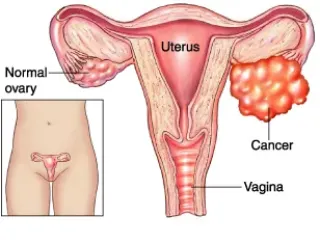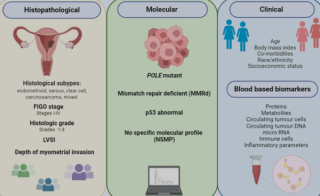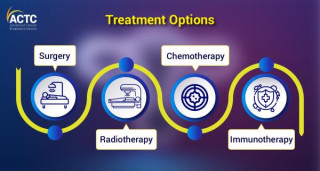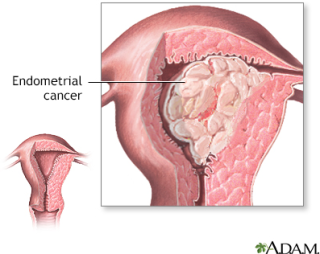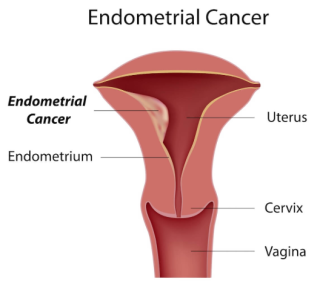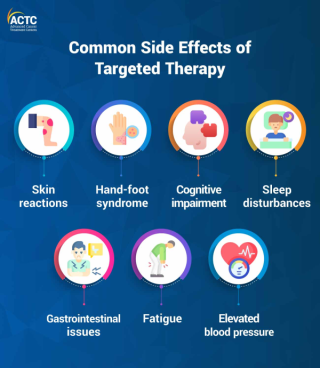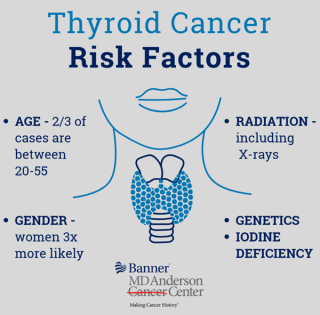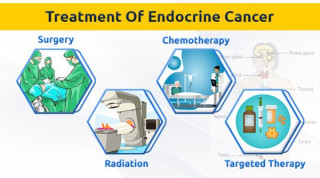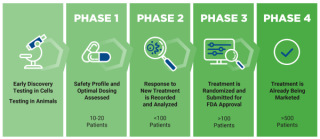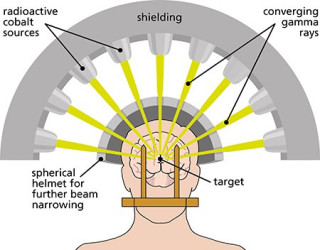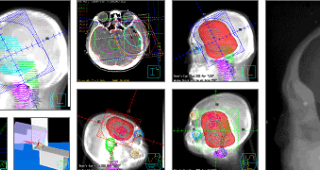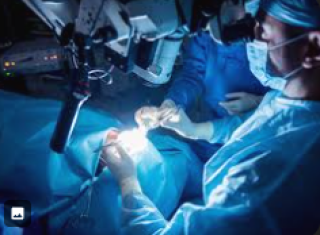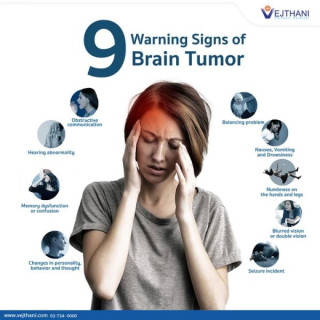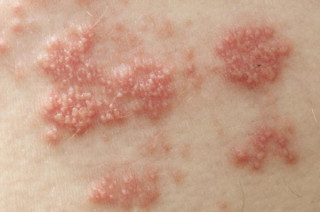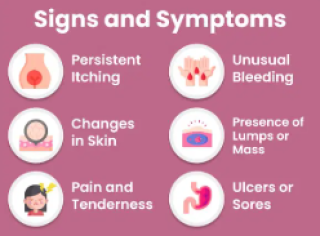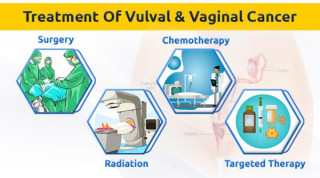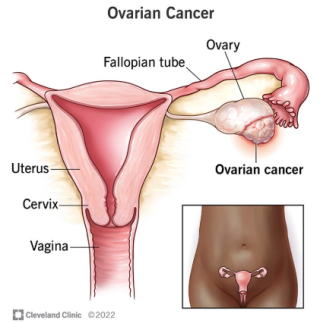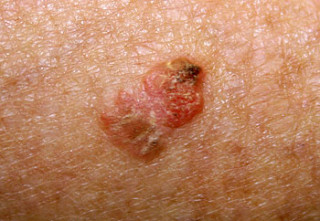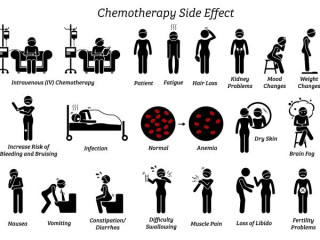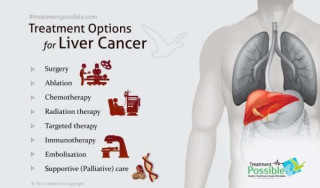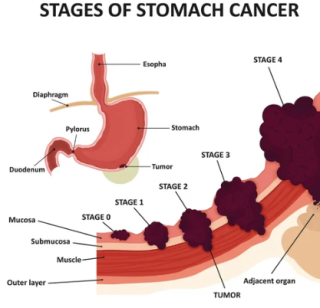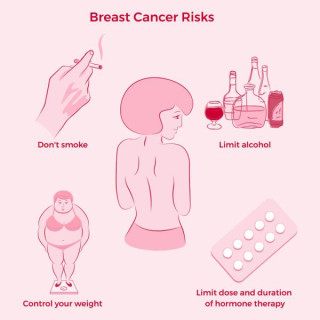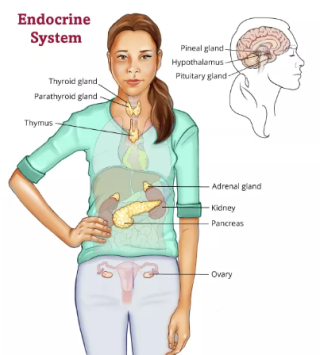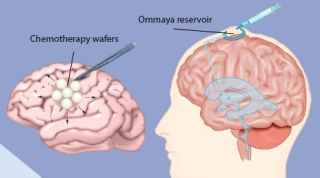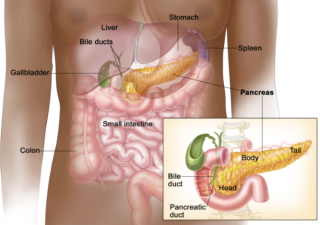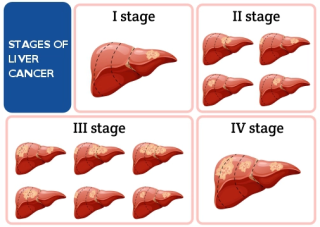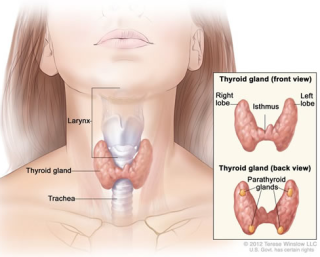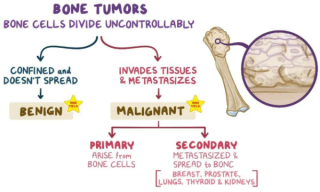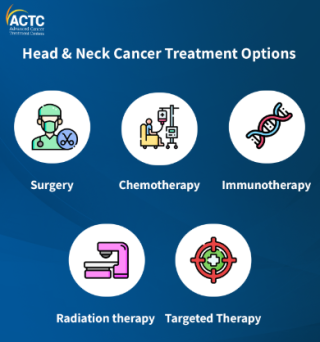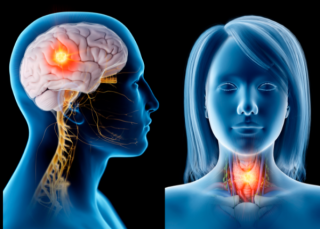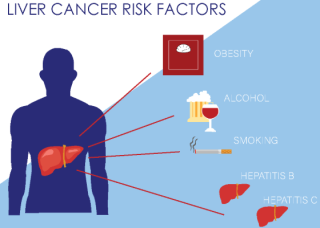Steve Jobs' Battle with Pancreatic Cancer and His Unconventional Dietary Choicesupdated at Nov 14, 2025 456 456 The story of Steve Jobs' battle with pancreatic cancer has resurfaced, |
Who should take Biological Therapy?created at May 19, 2009 1,877 1,877 Biological therapy, |
Side effects of human growth hormonecreated at May 19, 2009 1,493 1,493 Side effects of human growth hormone (HGH) can vary depending on dosage and individual factors, |
Will I be able to adjust to Valva Cancer well?created at May 05, 2009 1,409 1,409 Adjusting to a vulvar cancer diagnosis and treatment is a deeply personal journey, |
Side Effects of Vulvar Cancer Chemotherapyupdated at Nov 08, 2025 1,439 1,439 Chemotherapy for vulvar cancer can lead to a variety of side effects, |
Radiation Therapy Side Effects of Vulvar Cancerupdated at Nov 09, 2025 1,510 1,510 Understanding Side EffectsRadiation therapy is a common treatment for vulvar cancer, |
What is ovarian cancer?created at May 05, 2009 1,349 1,349 Ovarian cancer is a type of cancer that begins in the ovaries, |
What's new in endometrial cancer research and treatment?created at May 05, 2009 1,333 1,333 Recent advancements in endometrial cancer research focus on improving risk stratification through genomic profiling and identifying novel biomarkers for early detection and prognosis.Immunotherapy, |
What should you ask your physician about endometrial cancer?updated at Nov 22, 2025 1,718 1,718 Talking to Your Doctor About Endometrial Cancer: Questions to AskNavigating an endometrial cancer diagnosis requires open and thorough communication with your physician.Asking the right questions can empower you to make informed decisions about your treatm... |
How is endometrial cancer treated?created at May 05, 2009 1,308 1,308 Treatment for endometrial cancer depends on the stage and type of cancer, |
Do we know what causes endometrial cancer?updated at Nov 22, 2025 1,327 1,327 Endometrial Cancer: Understanding the RisksThe precise cause of endometrial cancer remains an area of ongoing research.However, |
What are the risk factors for endometrial cancer?created at May 05, 2009 1,451 1,451 Risk factors for endometrial cancer include older age, |
What are the Side Effects of Treatment for Colorectal Cancer?updated at Nov 08, 2025 1,495 1,495 Side effects from colorectal cancer treatment are highly variable, |
Biological Therapy for Colorectal Cancercreated at May 04, 2009 1,397 1,397 Biological therapy for colorectal cancer, |
What are the causes and risk factors of thyroid cancer?created at May 04, 2009 1,248 1,248 The exact causes of thyroid cancer are largely unknown, |
What are the treatment options for endocrine cancer?created at May 04, 2009 1,243 1,243 Treatment for endocrine cancers depends on the specific type, |
Clinical trials for Brain Cancercreated at May 04, 2009 1,264 1,264 Clinical trials for brain cancer are research studies that test new treatments, |
Stereotactic radiosurgery for Brain Cancercreated at May 04, 2009 1,274 1,274 Stereotactic radiosurgery (SRS) is a non-invasive type of radiation therapy that delivers highly focused beams of radiation to a precise point in the brain to target brain tumors, |
Understanding Radiation Therapy for Brain Tumorscreated at May 04, 2009 1,483 1,483 Radiation therapy for brain tumors uses high-energy radiation to kill cancer cells and shrink tumors.This can be delivered externally through a linear accelerator (external beam radiation therapy) or internally via implanted radioactive seeds (brachytherap... |
Understanding Surgery for Brain Tumors: A Comprehensive Guidecreated at May 04, 2009 1,391 1,391 Brain tumor surgery aims to remove as much of the tumor as safely possible while minimizing damage to healthy brain tissue.The approach varies depending on the tumor's location, |
What is brain cancer?created at May 03, 2009 1,252 1,252 Brain cancer is a disease in which malignant (cancerous) cells form in the tissues of the brain.It encompasses a wide variety of tumors, |
Exploring Treatment Options for Bone Cancer: A Comprehensive Guidecreated at May 03, 2009 1,564 1,564 Treatment for bone cancer depends on several factors including the type and location of the cancer, |
How to avoid age spots?created at May 05, 2009 1,369 1,369 Preventing age spots, |
How is Hodgkin's disease treated?created at May 22, 2009 1,398 1,398 Hodgkin's disease treatment depends on the stage and type of the disease, |
Essential Guidelines for Those Undergoing Growth Hormone Therapycreated at May 14, 2009 1,395 1,395 Successfully undergoing growth hormone therapy requires diligent adherence to prescribed dosages and administration schedules, |
Who Shouldn't Get the Chickenpox Vaccine?created at May 13, 2009 1,354 1,354 Individuals with a severe allergic reaction (e.g.anaphylaxis) to the vaccine's components, |
Understanding Growth Hormone Dosing - What You Need to Knowcreated at May 14, 2009 1,340 1,340 Growth hormone (GH) dosing is highly individualized and depends on factors like age, |
Navigating Clinical Trial Decisions for Head and Neck Cancer Treatmentcreated at May 09, 2009 1,303 1,303 Clinical trial decisions for head and neck cancer treatment depend on several factors, |
Understanding Vulvar Cancer Diagnosis: What to Expectcreated at May 05, 2009 1,336 1,336 Vulvar cancer is diagnosed through a combination of methods, |
Exploring Three Vulvar Cancer Treatmentscreated at May 05, 2009 1,306 1,306 Three common treatments for vulvar cancer include surgery, |
Navigating Ovarian Cancer Treatment - Key Questions to Ask Your Doctorcreated at May 05, 2009 1,424 1,424 Ovarian cancer treatment depends on the stage, |
Treatment for precancerous lesionscreated at May 04, 2009 1,563 1,563 Treatment for precancerous lesions depends on several factors including the specific type of lesion, |
Balancing Act: Understanding the Side Effects of Biological Therapy in Stomach Cancer Treatmentcreated at May 04, 2009 1,282 1,282 Biological therapy for stomach cancer, |
Treatment for Liver Cancer? What should I ask?created at May 04, 2009 1,240 1,240 When discussing liver cancer treatment options with a healthcare professional, |
The basic information for Stomach cancercreated at May 03, 2009 1,391 1,391 Stomach cancer, |
Understanding Your Risk: How Likely Are You to Get Breast Cancer?created at May 03, 2009 1,326 1,326 Your risk of developing breast cancer depends on many factors, |
What are the side effects of treatment for Endocrine Cancer?created at May 04, 2009 1,241 1,241 Side effects of endocrine cancer treatment, |
Chemotherapy for Brain Cancercreated at May 04, 2009 1,283 1,283 Chemotherapy for brain cancer involves using drugs to kill cancer cells, |
Demystifying Pancreatic Cancer: What You Need to Knowcreated at May 04, 2009 1,368 1,368 Pancreatic cancer is a serious disease characterized by uncontrolled growth of cells in the pancreas, |
Demystifying Liver Cancer: Understanding the Basicscreated at May 04, 2009 1,332 1,332 Liver cancer, |
What should I ask my doctor when diagnosed with thyroid cancer?created at May 04, 2009 1,269 1,269 When diagnosed with thyroid cancer, |
Exploring Chemotherapy: A Powerful Weapon Against Cancercreated at May 04, 2009 1,362 1,362 Chemotherapy, |
Demystifying Bone Tumors: Understanding Benign and Malignant Varietiescreated at May 03, 2009 1,345 1,345 Bone tumors are growths that develop in bone tissue, |
Exploring Treatment Options Beyond Surgery for Head and Neck Cancerscreated at May 09, 2009 1,290 1,290 Treatment options for head and neck cancers beyond surgery include radiation therapy, |
Navigating Life After Head and Neck Cancer Treatment: Practical Advice and Supportcreated at May 09, 2009 1,296 1,296 Life after head and neck cancer treatment involves a multifaceted recovery process focusing on physical rehabilitation, |
Understanding the Link: Cirrhosis and Liver Cancer Riskupdated at Nov 29, 2024 1,615 1,615 Cirrhosis, |
Navigating the Side Effects of Pancreatic Cancer Treatmentcreated at May 04, 2009 1,261 1,261 Pancreatic cancer treatment is often a challenging journey, |
Unraveling the Mystery: Understanding the Causes of Breast Cancercreated at May 03, 2009 1,339 1,339 Breast cancer remains a complex and enigmatic disease, |


